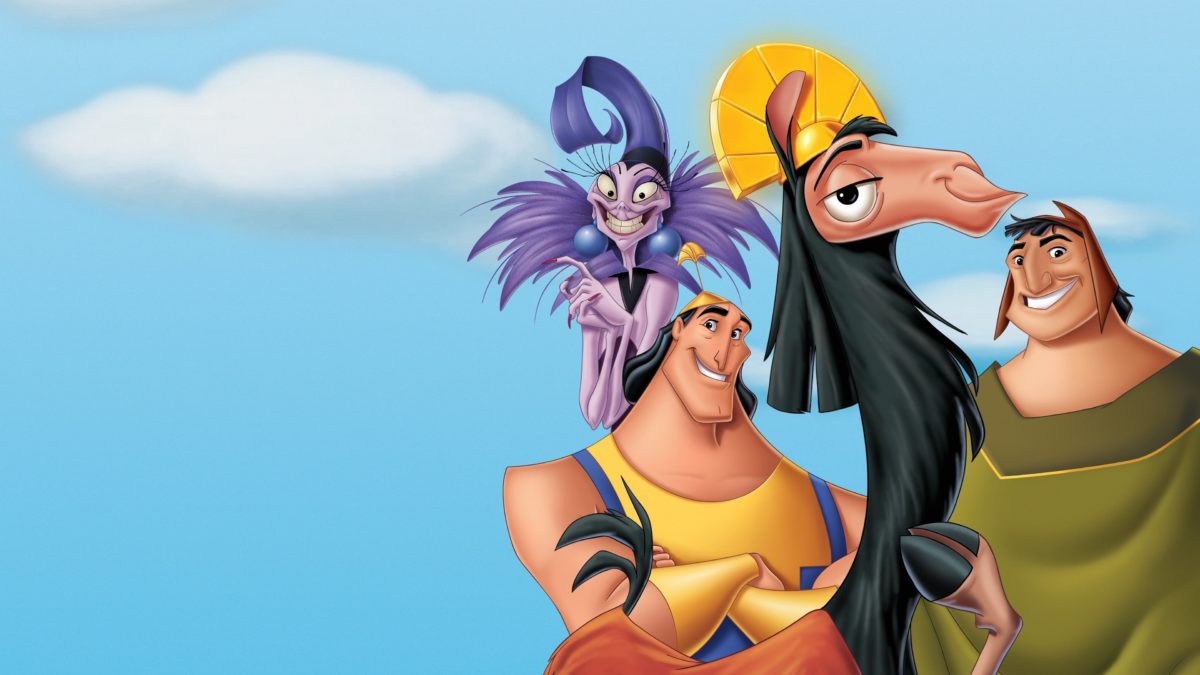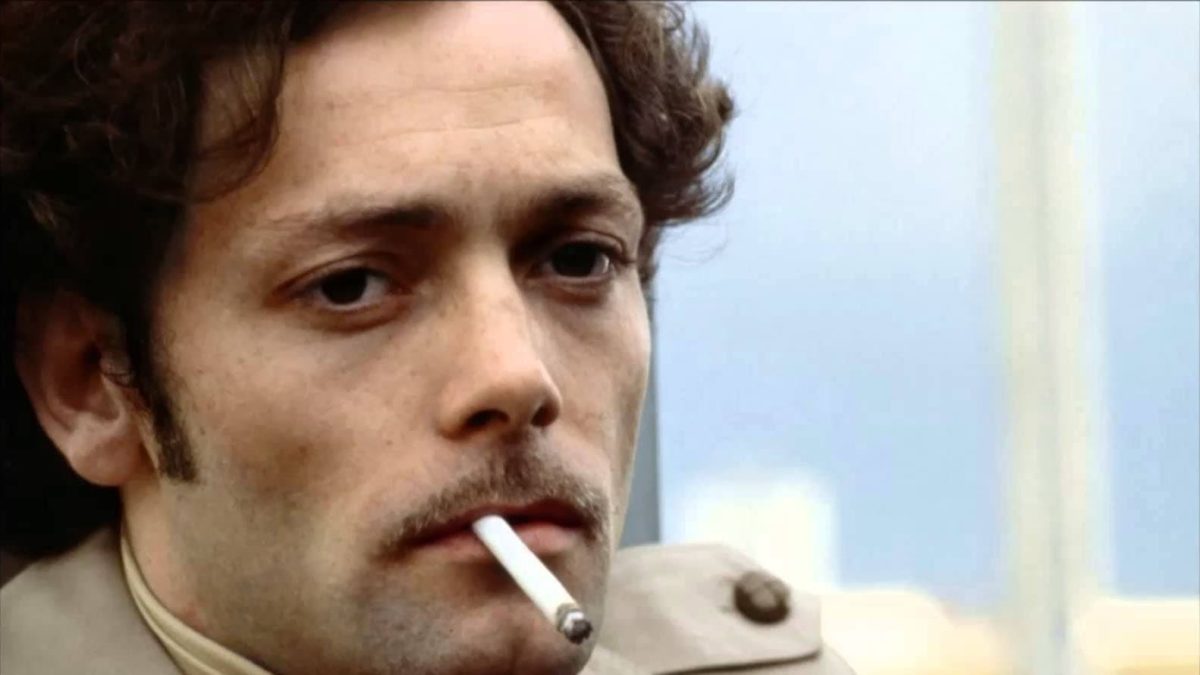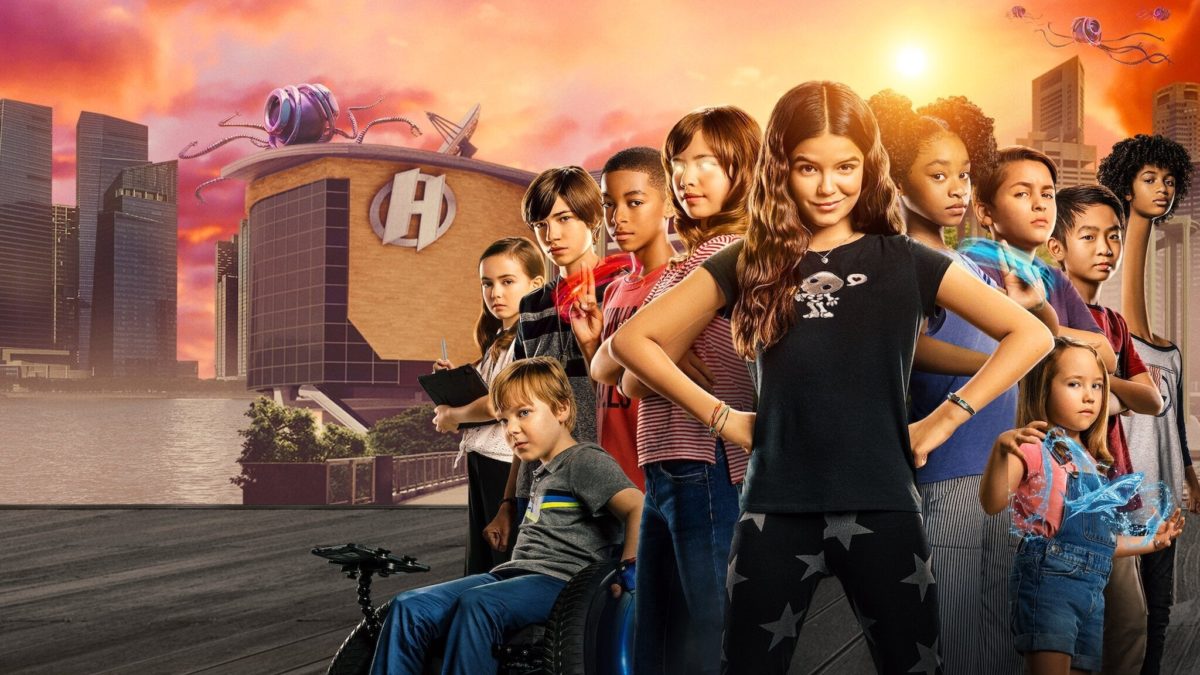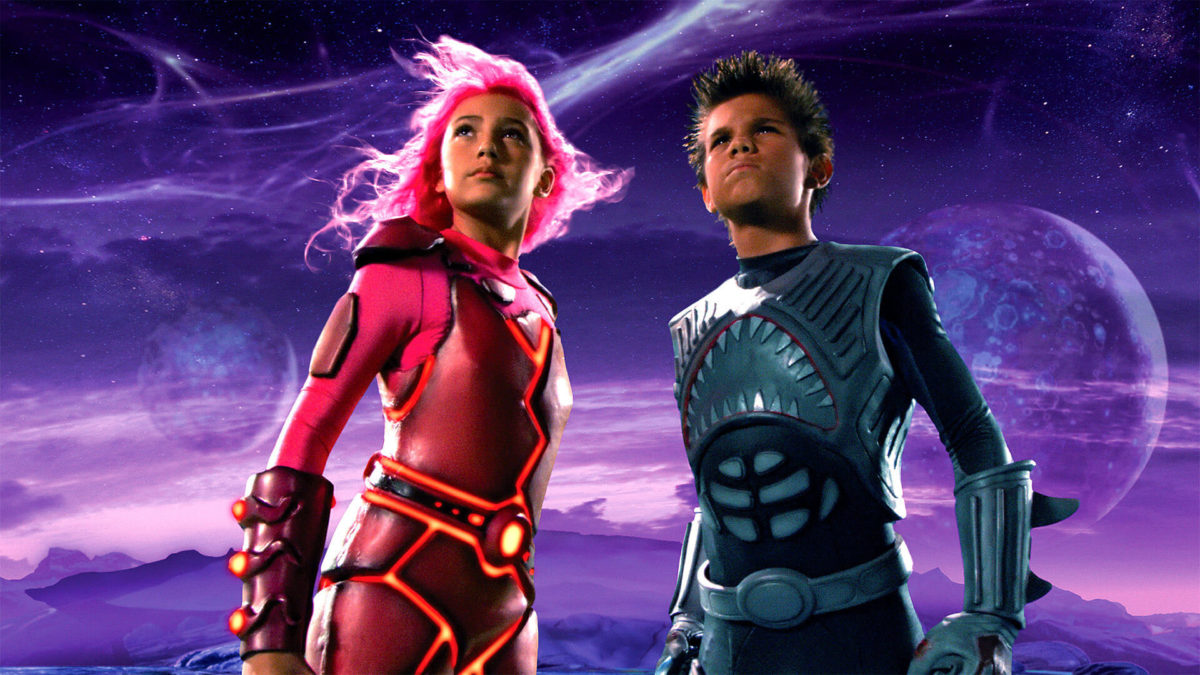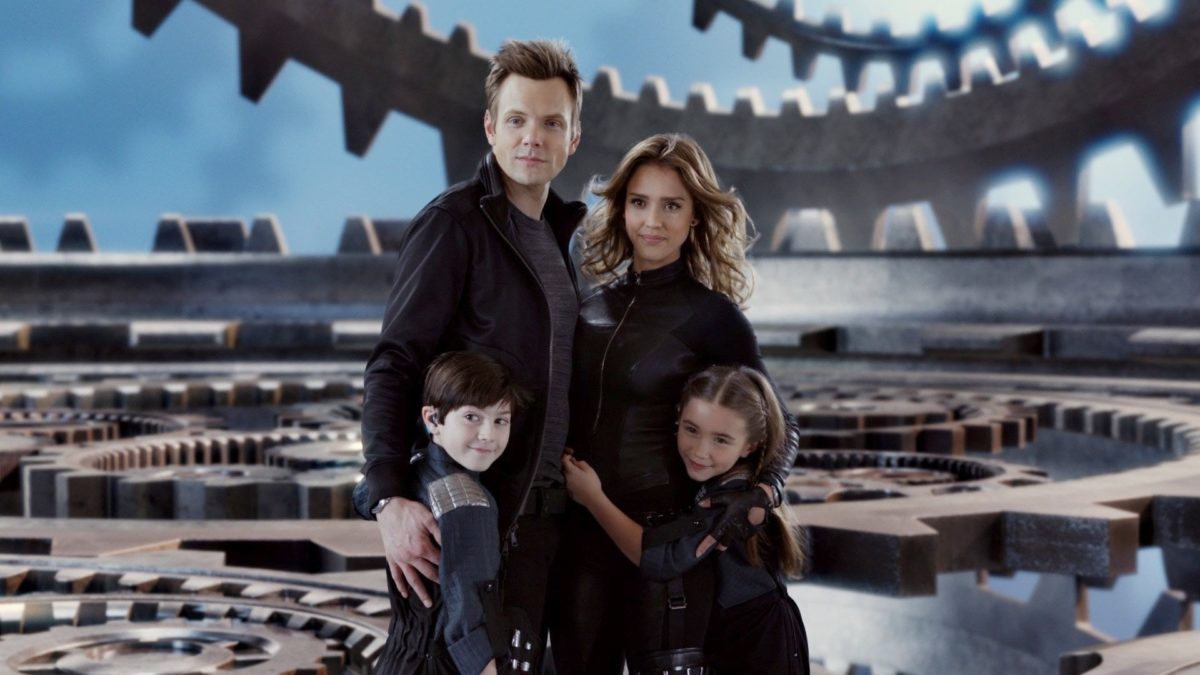It’s amazing to me that such an early example of sync-sound cartoon did it so well. The character animation is so energetic, curves bending and colliding and creating larger-than-life entities at cartoonish proportions. And all of that visual energy perfectly matches the sounds so that there’s never any doubt in the viewer’s mind that the action we’re seeing triggers the exact sound we’re hearing.
Steamboat Willie (1928)


